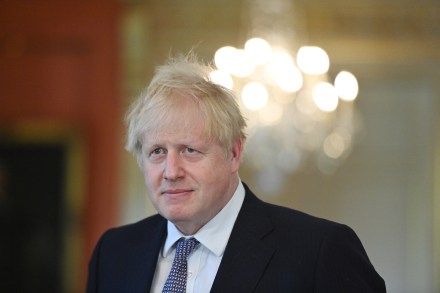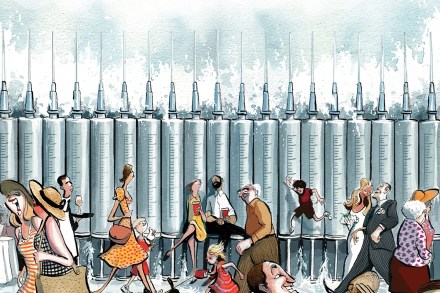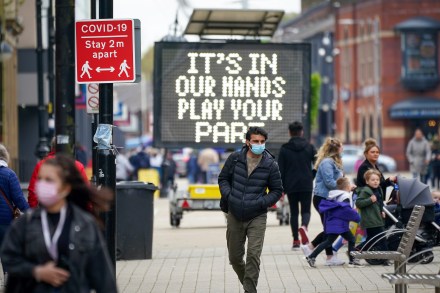What Tory MPs fear most about a lockdown delay
As Boris Johnson prepares to announce a four-week delay to the final stage out of lockdown, he faces a mixed reaction. Labour plans to back the delay but make clear that it was avoidable and is down to bad leadership. The public is seen to be more forgiving — with a Times/YouGov poll over the weekend finding that 53 per cent think that restrictions should remain beyond 21 June, compared with 34 per cent who say they should end. Many Tory MPs, meanwhile, are opposed to the delay on the grounds that they are losing faith all restrictions will be lifted this year. ‘If you can’t lift restrictions at the height of summer




















